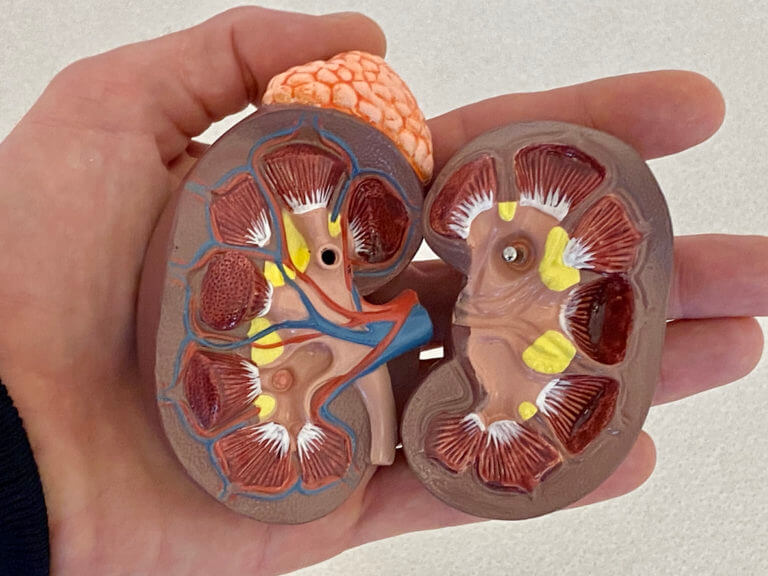
Kidney or renal transplantation is a surgical procedure in which a healthy kidney from a donor is placed into a person whose kidneys are no longer functioning properly, typically due to end-stage renal disease (ESRD). This procedure offers a life-saving alternative to dialysis, providing patients with the chance to regain normal kidney function. A kidney transplant is considered the best treatment option for many people with chronic kidney disease, improving their quality of life and survival rates when compared to long-term dialysis.
The donor kidney can come from either a living donor, such as a family member or friend, or a deceased donor. Living donor kidney transplants are often preferred because they tend to have better outcomes and can be scheduled more promptly, while deceased donor kidneys are allocated through a national transplant network. Once the transplant is performed, the new kidney is placed in the lower abdomen, and the blood vessels and ureter are connected to the recipient's body. The transplanted kidney then takes over the role of filtering waste and excess fluids from the blood.
Prior to the transplant, patients undergo a thorough evaluation to ensure they are physically and mentally prepared for the procedure. This includes blood tests, imaging, and consultations with specialists to assess their overall health. After the transplant, patients must take immunosuppressive medications to prevent rejection of the new kidney. These drugs reduce the body's immune response, which could otherwise attack the transplanted organ. However, immunosuppressants increase the risk of infections and require careful monitoring and management.
The success of kidney transplantation depends on several factors, including the compatibility of the donor and recipient, the recipient's overall health, and how well the patient adheres to post-transplant care. With proper care and monitoring, kidney transplants can last for many years, and patients can enjoy an improved quality of life, free from the limitations of dialysis. However, complications such as organ rejection, infection, and graft failure are possible, so patients must have regular check-ups to ensure the kidney is functioning properly.
Kidney transplantation has proven to be a life-saving procedure for many individuals suffering from ESRD. It significantly improves survival rates and quality of life when compared to other treatments like dialysis. Advances in transplant techniques, organ preservation, and immunosuppressive therapy have greatly increased the success rates of kidney transplants, making this procedure a reliable and effective option for individuals with kidney failure.
Have you or someone you know considered or undergone kidney transplantation, or are you seeking more information on the process or recovery?